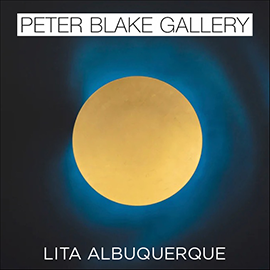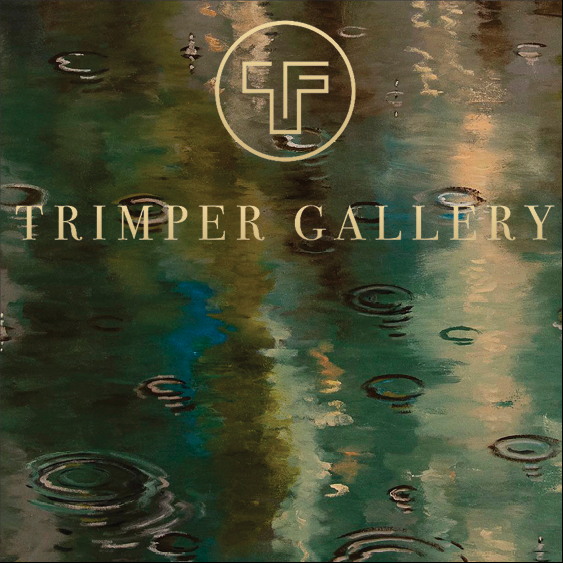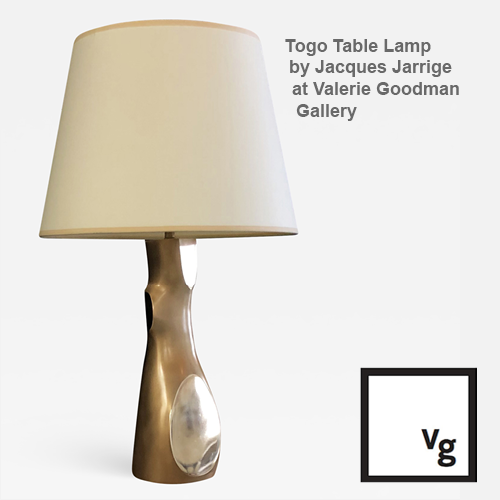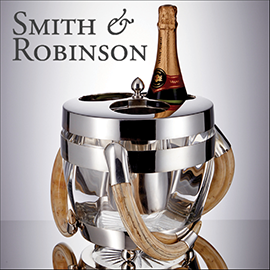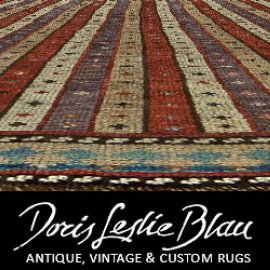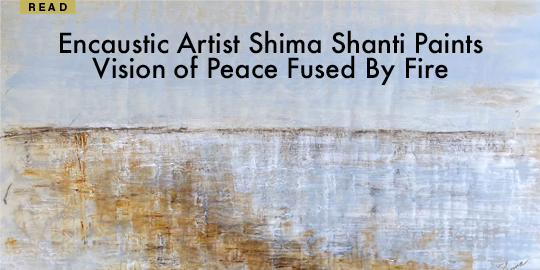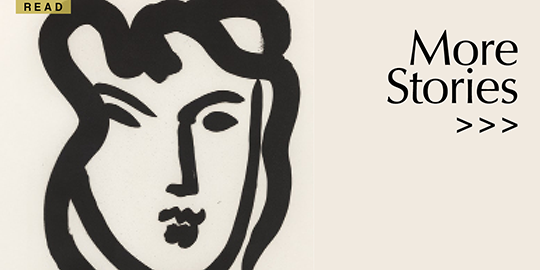William Aiken Walker
American, 1838 - 1921
William Aiken Walker was born in Charleston, South Carolina in 1839 to an Irish Protestant father and a mother of South Carolina background. Walker would grow up southerner through and through. He completed his first painting at age twelve and continued painting until his death in 1921 at age eighty-three.
When his father died in 1842, Walker's mother took her family to Baltimore, where they remained until returning to Charleston in 1848. During this period, he began painting rural farm and plantation scenes of poor southern blacks and it was these works that he built his reputation. Something of a prodigy as an artist, Walker exhibited his first painting in 1850, and received his first one-man show at the South Carolina Institute Fair in 1850 and Courtenay's Bookstore in Charleston.
In 1861, Walker enlisted in the Confederate Army and served under General Wade Hampton's South Carolina brigade. In 1862 at the Battle of Seven Pines, he was wounded. On his recovery, he was transferred back to Charleston, where he was eventually placed on picket duty, which freed to resume his painting. For the next two years his service to the Confederacy consisted mainly of drawing maps and sketches of Charleston's defenses, until he was mustered out at the end of 1864.
After the Civil War, Walker first moved to Baltimore and would begin traveling to southern resort areas, where he painted postcard studies and small paintings, which he sold to tourists for between fifty cents and three dollars. Walker was perhaps the earliest artist in the South to make a living from the tourist trade. His paintings served much like postcards, mementoes (just the right size to be tucked in a suitcase) of the "Old South" in all its quaintness and beauty.
For more than fifty years, Walker frequently visited New Orleans, Baltimore, Charleston, and several towns and cities in Georgia, North Carolina, and Florida. Maintaining ties with New Orleans, he exhibited frequently at the Southern Art Union and the Artists' Association. No other Southern artist so prolifically portrayed his land during the post-Civil War Reconstruction and developing new South than William Aiken Walker.
In the French Quarter he often sold his paintings on the corner of Royal and Dumaine Streets. The multitalented Walker sang, played the piano and violin, and wrote poetry in both French and English. An engaging conversationalist, he was a welcome houseguest on his many trips. Walker was something of an eccentric as well as debonair figure, who delighted in passing himself off as a professor when he was not playing the role of landless gentry. Welcomed as a house and hotel guest, he made regular stops annually at as many of the growing resorts of the South as he could manage in a season, working his way from New Orleans to the Blue Ridge mountains, down to Charleston, and along the coast southwards to Florida, at each stop placing some of his small-scale paintings of rural black cabins, sharecroppers working in the fields, or palmetto-lined beaches for sale to passing tourists. The dialect writing of George Washington Cable, Lafcadio Hearn, and even Mark Twain is echoed in Walker's images, which also parallel the kind of drama (or, more accurately, melodrama) being written about the South in the same period. Like the consumers of consciously "regional" literature, the consumers of Walker's paintings were not those who had passed their lives in the rural South, but rather were the Yankees and the urban businessman of the New South, admirers of a mythic, unhurried and untroubled Southland that existed mainly in their imaginations.
Museums:
Yale University Art Gallery, New Haven, CT
Harn Museum of Art, Gainesville, FL
High Museum of Art, Atlanta, GA
Morris Museum of Art, Augusta, GA
Richmond Art Museum, Richmond, IN
Addison Gallery of American Art, Andover, MA
Museum of Fine Arts, Boston, MA
Greenville Museum of Art, Greenville, NC
The Newark Museum, Newark, NJ
The Parrish Art Museum, Southampton, NY
Springfield Museum, Springfield, MO
Gibbes Museum of Art, Charleston, NC
Amon Carter Museum, Fort Worth, Texas
San Antonio Museum, San Antonio, Texas
Maier Museum of Art, Lynchburg, VA
Biography courtesy of Roughton Galleries, www.antiquesandfineart.com/roughton
When his father died in 1842, Walker's mother took her family to Baltimore, where they remained until returning to Charleston in 1848. During this period, he began painting rural farm and plantation scenes of poor southern blacks and it was these works that he built his reputation. Something of a prodigy as an artist, Walker exhibited his first painting in 1850, and received his first one-man show at the South Carolina Institute Fair in 1850 and Courtenay's Bookstore in Charleston.
In 1861, Walker enlisted in the Confederate Army and served under General Wade Hampton's South Carolina brigade. In 1862 at the Battle of Seven Pines, he was wounded. On his recovery, he was transferred back to Charleston, where he was eventually placed on picket duty, which freed to resume his painting. For the next two years his service to the Confederacy consisted mainly of drawing maps and sketches of Charleston's defenses, until he was mustered out at the end of 1864.
After the Civil War, Walker first moved to Baltimore and would begin traveling to southern resort areas, where he painted postcard studies and small paintings, which he sold to tourists for between fifty cents and three dollars. Walker was perhaps the earliest artist in the South to make a living from the tourist trade. His paintings served much like postcards, mementoes (just the right size to be tucked in a suitcase) of the "Old South" in all its quaintness and beauty.
For more than fifty years, Walker frequently visited New Orleans, Baltimore, Charleston, and several towns and cities in Georgia, North Carolina, and Florida. Maintaining ties with New Orleans, he exhibited frequently at the Southern Art Union and the Artists' Association. No other Southern artist so prolifically portrayed his land during the post-Civil War Reconstruction and developing new South than William Aiken Walker.
In the French Quarter he often sold his paintings on the corner of Royal and Dumaine Streets. The multitalented Walker sang, played the piano and violin, and wrote poetry in both French and English. An engaging conversationalist, he was a welcome houseguest on his many trips. Walker was something of an eccentric as well as debonair figure, who delighted in passing himself off as a professor when he was not playing the role of landless gentry. Welcomed as a house and hotel guest, he made regular stops annually at as many of the growing resorts of the South as he could manage in a season, working his way from New Orleans to the Blue Ridge mountains, down to Charleston, and along the coast southwards to Florida, at each stop placing some of his small-scale paintings of rural black cabins, sharecroppers working in the fields, or palmetto-lined beaches for sale to passing tourists. The dialect writing of George Washington Cable, Lafcadio Hearn, and even Mark Twain is echoed in Walker's images, which also parallel the kind of drama (or, more accurately, melodrama) being written about the South in the same period. Like the consumers of consciously "regional" literature, the consumers of Walker's paintings were not those who had passed their lives in the rural South, but rather were the Yankees and the urban businessman of the New South, admirers of a mythic, unhurried and untroubled Southland that existed mainly in their imaginations.
Museums:
Yale University Art Gallery, New Haven, CT
Harn Museum of Art, Gainesville, FL
High Museum of Art, Atlanta, GA
Morris Museum of Art, Augusta, GA
Richmond Art Museum, Richmond, IN
Addison Gallery of American Art, Andover, MA
Museum of Fine Arts, Boston, MA
Greenville Museum of Art, Greenville, NC
The Newark Museum, Newark, NJ
The Parrish Art Museum, Southampton, NY
Springfield Museum, Springfield, MO
Gibbes Museum of Art, Charleston, NC
Amon Carter Museum, Fort Worth, Texas
San Antonio Museum, San Antonio, Texas
Maier Museum of Art, Lynchburg, VA
Biography courtesy of Roughton Galleries, www.antiquesandfineart.com/roughton

